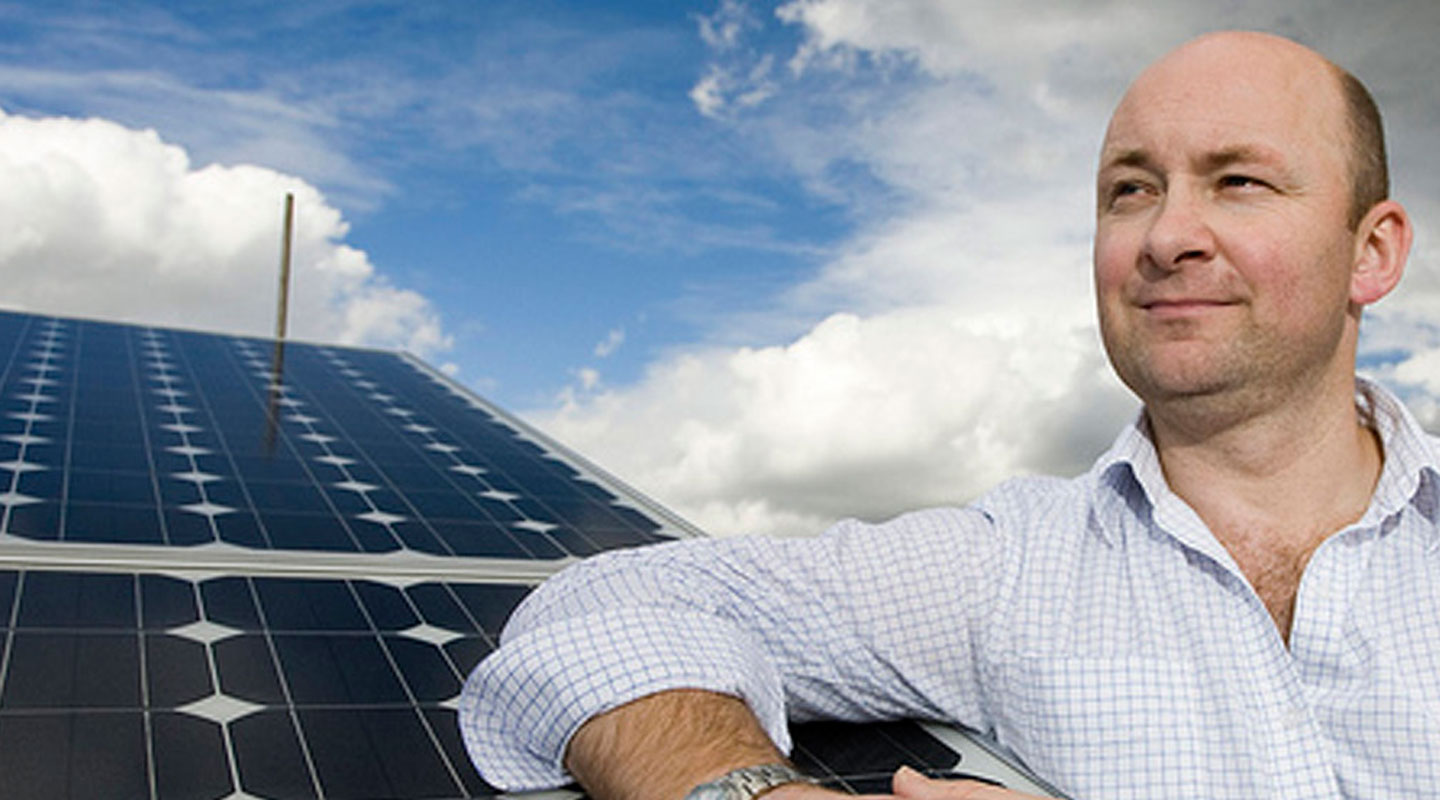26 June 2013: A shift from coal-fired to gas-fired power generation will not significantly lower carbon dioxide emissions, new research by the Global Change Institute at The University of Queensland has found. Energy economics researcher Professor John Foster said the modelling indicated that a transition to gas-fired generation reduced emissions only marginally, and that wholesale prices would be higher than with a renewable energy option.
“The findings contradict a widely-held view that renewable energy is too expensive compared to fossil fuels, and too unreliable to be a major component of Australia’s future energy generation by 2035,” he said. “There is no justification for the claim that a high proportion of energy sourced from renewables will drive up wholesale costs, in comparison to a power system heavily dependent on coal seam gas,” Professor Foster said.
This finding comes as the Australian government deepens its commitment to developing coal seam gas resources in order to supply lucrative export markets and transition domestic power generation. Professor Foster said a shift away from coal to lower-emissions gas was required in order to create greater resilience in Australia’s power market, but he warned that coal seam gas was not a silver bullet.
“A mix of large-scale renewable energy generation, including solar and wind, together with consumer action to use power more efficiently, will deliver the most resilient Australian power market by 2035,” he said.
“While our findings might indicate that pursuing a gas-centric scenario will lead to increased prices and reduced carbon emissions, they may not be sufficient to change the dominant industry view which is intent on replacing coal with gas,” Professor Foster said.
The UQ researchers used a commercially-available modelling package, PLEXOS, to model what a transition to gas-fired generation would deliver and compared that to a transition to power from renewable technologies such as solar and wind.
Go here for a copy of the 19 page working paper.
Associated Publishers:
Craig Froome
Professor John Foster
Professor Paul Meredith
Lynette Molyneaux
Dr Liam Wagner
Related Publications:
Australian power: Can renewable technologies change the dominant industry view?
Delivering a competitive Australian power system Part 1
Delivering a competitive Australian power system Part 2: The challenges, the scenarios Technical
Papers by the UQ Energy economics and management group
Part 1: Australia’s Global Position (2011)
Part 2: The challenges, the scenarios (Feb 2013)
Part 3: A Better Way to Competitive Power in 2035

